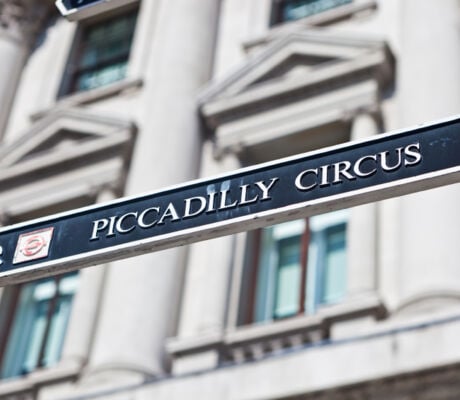With stamp duty changes lurking around the corner, mortgage approvals hit a record 2 year high in January, as UK banks approved the highest number of mortgages since 2014. A consequence of the thousands of borrowers rushing to take out loans before stamp duty changes are enforced, (where to buy to let and second home buyers will face an additional 3% charge to purchase price), the British Bankers’ Association reported 80,285 approvals in January alone, with gross mortgage lending up by 38% year-on-year to £13.6 billion – the highest figure since 2008.
As ever-decreasing rates have prompted homeowners to review their mortgage and capitalise on the offers available, it’s not just bought to let investors rushing to complete before stamp duty changes occur in April. Yet the question is, how much lower can they go?
Why record-low rates are continuing to fall
Despite reaching previously unheard of low rates such as a 2-year fix at less than 1.5%, experts believe there is room for even lower rates yet, as falling gilt yields and swap rates may make it cheaper for lenders to receive funding, resulting in cheaper fixed-rate mortgage prices all-round.
Gilts (or government bonds) are issued by the government, to raise cash in order to pay for its borrowing. Effectively the interest rate paid on the bonds, this rate affects the ‘swap rates’ used by lenders (the cost of getting fixed-term funding from the market), which allows lenders to offer fixed-rate mortgages to consumers. Consequently, if gilt yields fall – so will swap rates, making it cheaper for lenders to access funding and consumers to access cheaper rates in return. As such, the UK 10 year benchmark gilt yield fell to an all-time low of 1.3% recently, allowing lenders to make significant cuts on fixed rates as a result.
With builders reporting increasing demand for homes and rising profits (largely driven by a property shortage and the government’s help to buy scheme), the start of the year has proved particularly strong thanks to buy to let investors. However, some believe this may only be a temporary effect, with purchase demand expected to fall once April has passed, thus easing the current upward pressure on mortgage approvals for the remainder of the year…
Secure an approval before stamp duty changes
Although great news in the short term, increasing pressure on the strained global economy could pose concerns to lenders, causing them to reassess their current generous lending. Some also fear increasing demand from property investors buying ahead of stamp duty changes, may exert further pressure on rising house prices in the near future.
Either way, consumer confidence currently remains high, with strong real income gains and continuously falling rates, making now the best time to lock into a fixed-rate mortgage. With swap rates at such low levels – and expected to fall further still – rates are extremely competitive in the current market and an opportunity to reap the benefits from. So we recommend you move quickly and lock into low rates while they’re on offer, guaranteeing security before market movement edges in the opposite direction. If you secure a fixed rate now – you are unlikely to regret it.
At Enness, we pride ourselves in ensuring our clients are as informed and prepared as possible. So if you’re looking to secure a fixed-rate mortgage before stamp duty changes hit, or if you simply wish for more information, our expert brokers are at your disposal any time of day. Feel free to contact us below where a broker can chat through your options with you, or you can visit our guide library for digestible and product-specific information on securing a mortgage.





